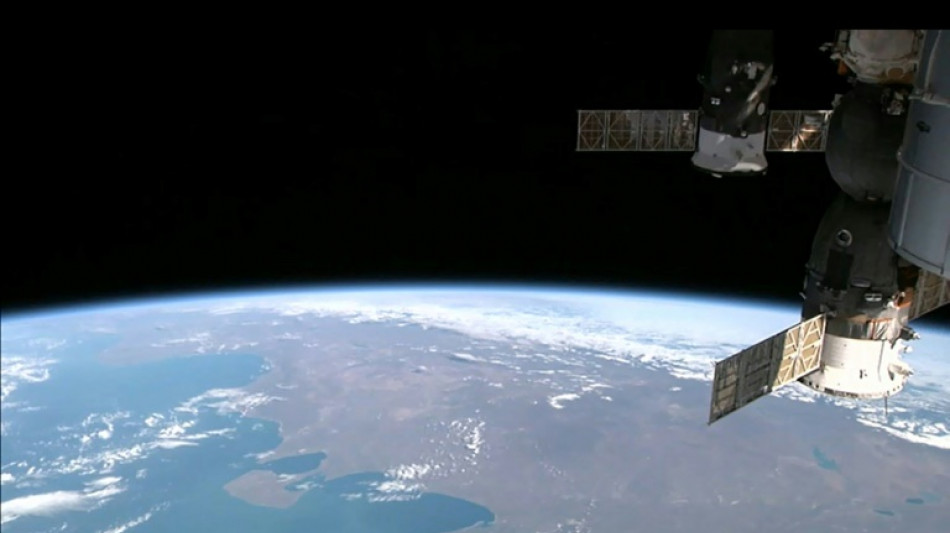
-
 Dembele sinks Arsenal as PSG seize edge in Champions League semi-final
Dembele sinks Arsenal as PSG seize edge in Champions League semi-final
-
Les Kiss to take over Wallabies coach role from mid-2026
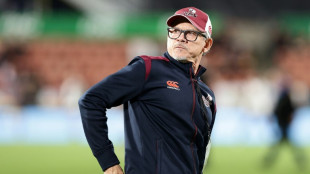
-
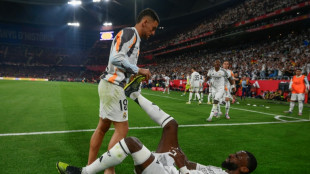 Real Madrid's Rudiger, Mendy and Alaba out injured until end of season
Real Madrid's Rudiger, Mendy and Alaba out injured until end of season
-
US threatens to quit Russia-Ukraine effort unless 'concrete proposals'
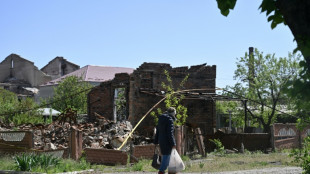
-
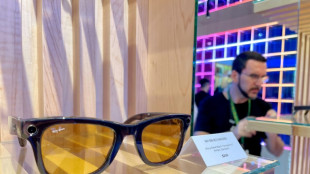 Meta releases standalone AI app, competing with ChatGPT
Meta releases standalone AI app, competing with ChatGPT
-
Zverev crashes as Swiatek scrapes into Madrid Open quarter-finals
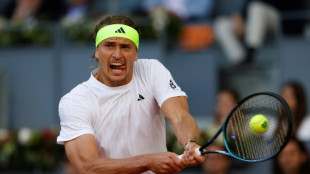
-
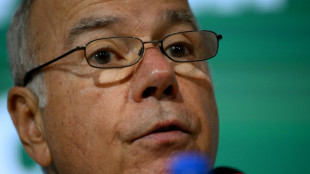 BRICS members blast rise of 'trade protectionism'
BRICS members blast rise of 'trade protectionism'
-
Trump praises Bezos as Amazon denies plan to display tariff cost
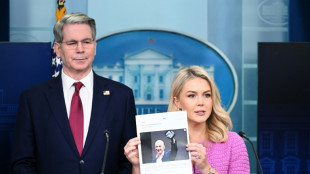
-
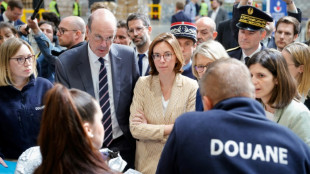 France to tax small parcels from China amid tariff fallout fears
France to tax small parcels from China amid tariff fallout fears
-
Hong Kong releases former opposition lawmakers jailed for subversion
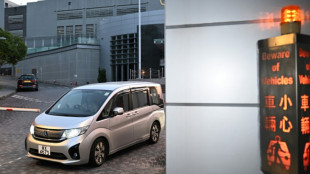
-
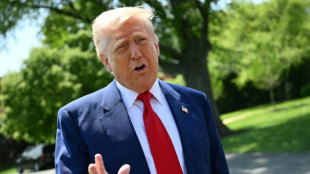 Trump celebrates tumultuous 100 days in office
Trump celebrates tumultuous 100 days in office
-
Sweden gun attack leaves three dead
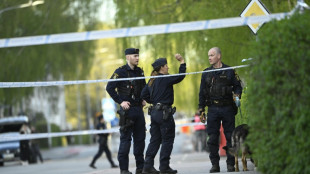
-
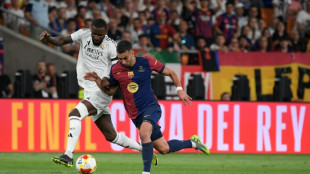 Real Madrid's Rudiger banned for six matches after Copa final red
Real Madrid's Rudiger banned for six matches after Copa final red
-
Firmino, Toney fire Al Ahli into AFC Champions League final
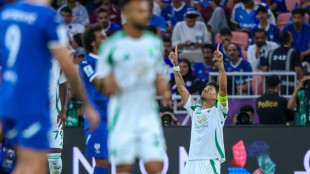
-
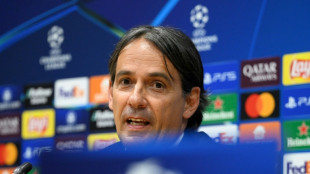 Maximum respect for Barca but no fear: Inter's Inzaghi
Maximum respect for Barca but no fear: Inter's Inzaghi
-
Trump signals relief on auto tariffs as industry awaits details
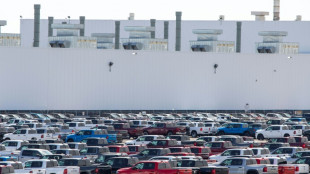
-
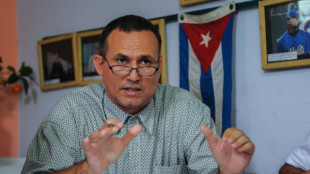 Cuban court revokes parole of two prominent dissidents
Cuban court revokes parole of two prominent dissidents
-
Narine leads from the front as Kolkata trump Delhi in IPL
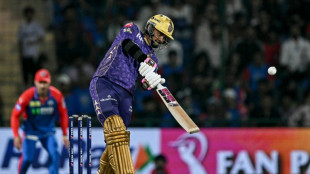
-
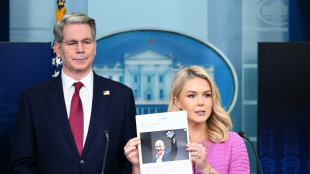 Amazon says never planned to show tariff costs, after White House backlash
Amazon says never planned to show tariff costs, after White House backlash
-
Djokovic to miss Italian Open
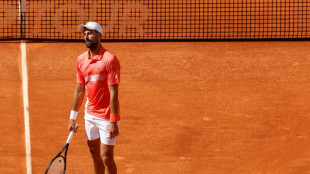
-
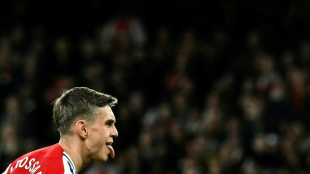 Trossard starts for Arsenal in Champions League semi against PSG
Trossard starts for Arsenal in Champions League semi against PSG
-
Sweden shooting kills three: police
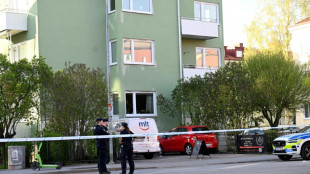
-
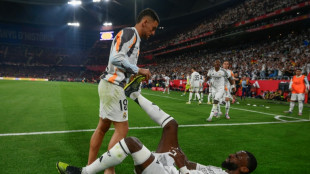 Real Madrid's Rudiger, Mendy out injured until end of season
Real Madrid's Rudiger, Mendy out injured until end of season
-
Dubois' trainer accuses Usyk of 'conning boxing world'

-
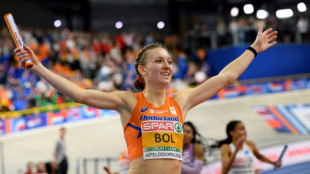 Femke Bol targets fast return after draining 2024
Femke Bol targets fast return after draining 2024
-
Asterix, Obelix and Netflix: US streamer embraces Gallic heroes
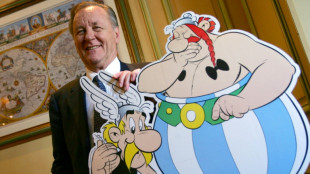
-
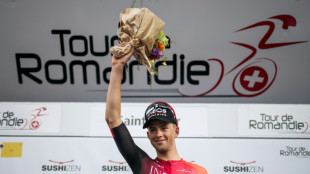 Watson wins Tour de Romandie prologue, Evenepoel eighth
Watson wins Tour de Romandie prologue, Evenepoel eighth
-
Amazon says never decided to show tariff costs, after White House backlash
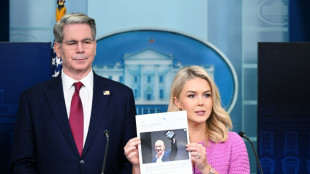
-
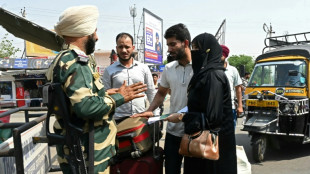 India gives army 'operational freedom' to respond to Kashmir attack
India gives army 'operational freedom' to respond to Kashmir attack
-
Stocks advance as investors weigh earnings, car tariff hopes
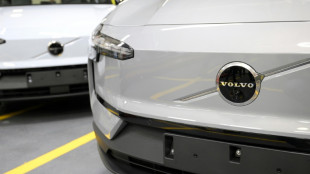
-
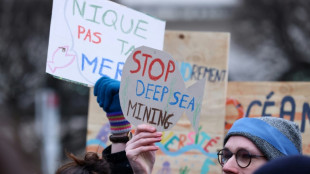 Canadian firm makes first bid for international seabed mining license
Canadian firm makes first bid for international seabed mining license
-
Kardashian robbery suspect says heist was one 'too many'
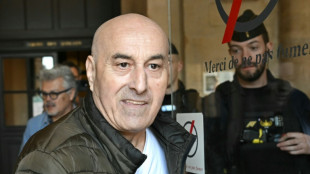
-
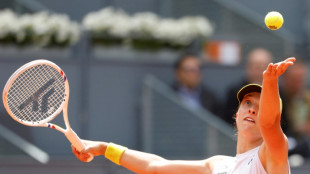 'Chilled' Swiatek scrapes into Madrid Open last eight
'Chilled' Swiatek scrapes into Madrid Open last eight
-
Interconnectivity: the cornerstone of the European electricity network
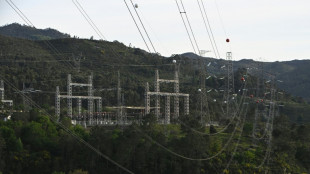
-
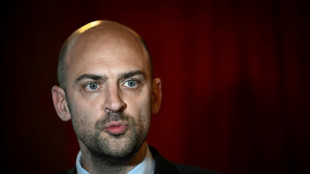 France accuses Russian military intelligence of cyberattacks
France accuses Russian military intelligence of cyberattacks
-
Multiple challenges await Canada's Carney

-
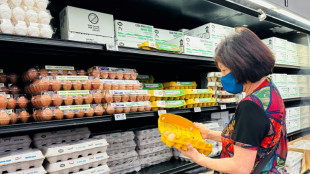 US consumer confidence hits lowest level since onset of pandemic
US consumer confidence hits lowest level since onset of pandemic
-
How climate change turned Sao Paulo's drizzle into a storm
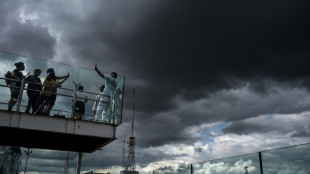
-
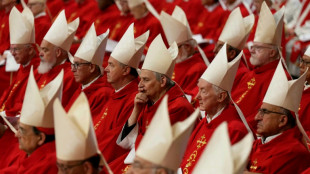 Video game rides conclave excitement with cardinal fantasy team
Video game rides conclave excitement with cardinal fantasy team
-
Candles and radios in demand in Spain as blackout lessons sink in
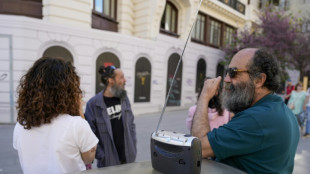
-
 Boca Juniors sack coach Gago ahead of Club World Cup
Boca Juniors sack coach Gago ahead of Club World Cup
-
Trump celebrates tumultuous 100 days in office as support slips
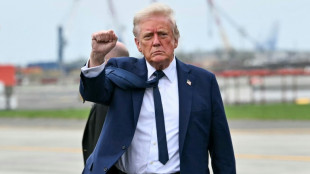
-
 Forest face 'biggest games of careers' in Champions League chase: Nuno
Forest face 'biggest games of careers' in Champions League chase: Nuno
-
Stocks waver as investors weigh earnings, car tariff hopes
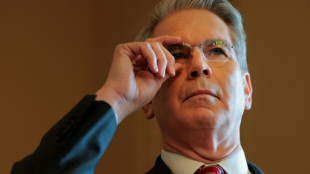
-
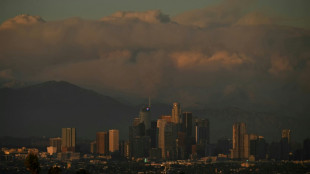 US climate assessment in doubt as Trump dismisses authors
US climate assessment in doubt as Trump dismisses authors
-
W. House slams Amazon over 'hostile' plan to display tariff effect on prices
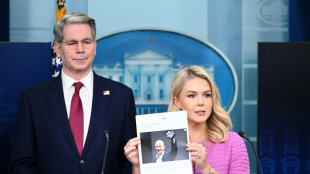
-
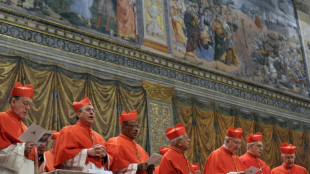 What we know ahead of conclave to elect new pope
What we know ahead of conclave to elect new pope
-
EU top court rules 'golden passport' schemes are illegal
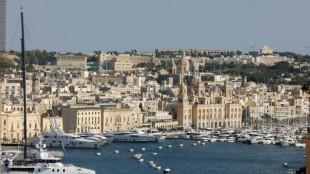
-
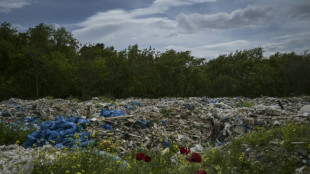 Mounds of waste dumped near Athens's main river: NGO
Mounds of waste dumped near Athens's main river: NGO
-
Spain starts probing causes of massive blackout
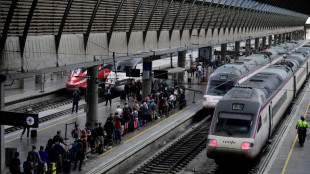

Mouse embryos grown in space for first time: Japan researchers
Mouse embryos have been grown on the International Space Station and developed normally in the first study indicating it could be possible for humans to reproduce in space, a group of Japanese scientists said.
The researchers, including Teruhiko Wakayama, professor of University of Yamanashi's Advanced Biotechnology Centre, and a team from the Japan Aerospace Space Agency (JAXA), sent frozen mouse embryos on board a rocket to the ISS in August 2021.
Astronauts thawed the early-stage embryos using a special device designed for this purpose and grew them on the station for four days.
"The embryos cultured under microgravity conditions developed" normally into blastocysts, cells that develop into the foetus and placenta, the scientists said.
The experiment "clearly demonstrated that gravity had no significant effect," the researchers said in a study that was published online in the scientific journal iScience on Saturday.
They also said there were no significant changes in condition of the DNA and genes, after they analysed the blastocysts that were sent back to their laboratories on Earth.
This is "the first-ever study that shows mammals may be able to thrive in space," University of Yamanashi and national research institute Riken said in a joint statement on Saturday.
It is "the world's first experiment that cultured early-stage mammalian embryos under complete microgravity of ISS," the statement said.
"In the future, it will be necessary to transplant the blastocysts that were cultured in ISS's microgravity into mice to see if mice can give birth" to confirm that the blastocysts are normal, it added.
Such research could be important for future space exploration and colonisation missions.
Under its Artemis programme, NASA plans to send humans back to the Moon in order to learn how to live there long-term to help prepare a trip to Mars, sometime towards the end of the 2030s.
P.Costa--AMWN



